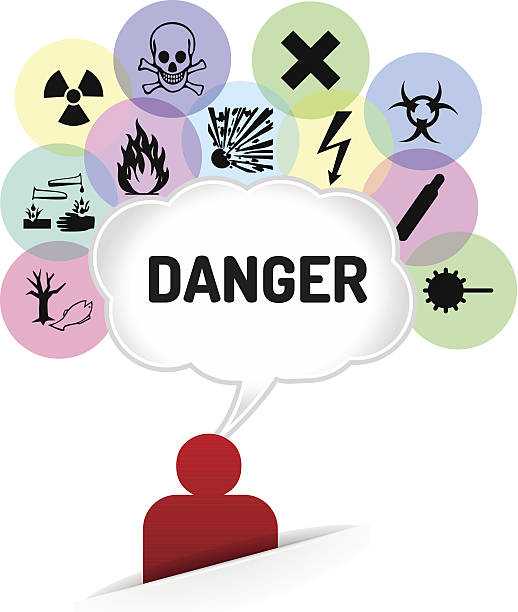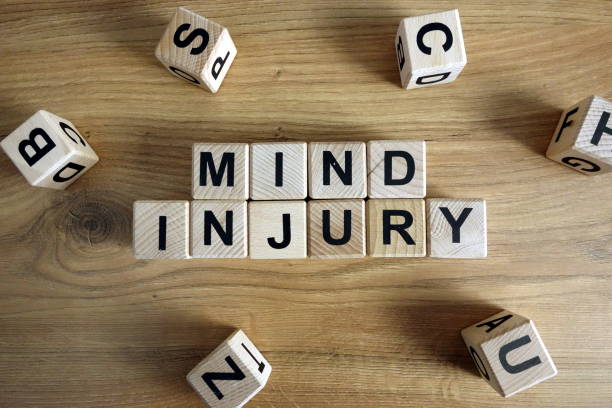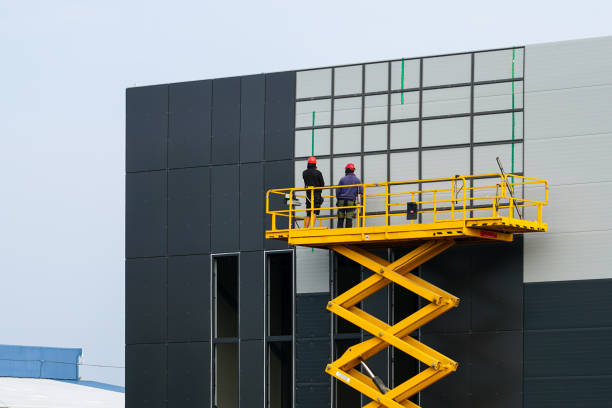Fair Work Commission rules workplace abuse as constructive dismissal
Aggressive swearing and verbal abuse in the workplace can create OHS risks that could lead employees to resign, according to a recent Fair Work Commission ruling that found such behaviour constitutes constructive dismissal regardless of employer intent.

Aggressive swearing and verbal abuse in the workplace can create OHS risks that could lead employees to resign, according to a recent Fair Work Commission ruling that found such behaviour constitutes constructive dismissal regardless of employer intent.
The ruling highlights the power imbalance between employers and employees and establishes that intimidating conduct can leave workers with no choice but to resign.
An electrician was forced to resign after his employer engaged in confrontational behaviour during a performance meeting, according to the Commission, which determined that the employer’s aggressive conduct made resignation the probable outcome, despite the employer’s intention to retain the worker.
The case centred on a recorded conversation between the employee and company director, which captured the employer using profanity and raised voice during what was intended as a performance discussion. The employee had secretly recorded the meeting after previous incidents of alleged verbal abuse that occurred without witnesses.
The decision in Suhayl Ali v DMG Building & Electrical Services Pty Ltd demonstrates how workplace behaviour can cross acceptable boundaries, even in blue-collar environments where direct communication is common.
The Commission heard evidence that the employer’s confrontational tone included multiple instances of aggressive language. During the recorded meeting, the employer stated: “The bulls--t about wear and tear on the phone is a f--king joke” and “Are you f--king serious, are you serious?” When the employee attempted to de-escalate by saying he did not need to get angry, the employer responded, “You’re making me angry!”
The employer’s behaviour escalated further during the performance discussion. The Commission noted the employer’s statement that “I don’t want any negative nancies running around my company f--king becoming toxic to other blokes. It festers. What we do with those people, we f--king weed them out… You need to be on the same page as everyone.”
The employee provided evidence that he felt intimidated during the workplace interaction, and the Commission concluded that given he was reasonably concerned for his mental and physical safety, he had “no effective or real choice but to resign”.
The case progressed after the employee took personal leave, texting his employer that “my mental health is not in the right place” before resigning the following day. Medical evidence supported the employee’s claims of psychological injury related to the workplace conduct through an independent medical examination that concluded the employee had suffered mental injury.
Commenting on the case, Martyn Campbell, cofounder of Humn and former head of SafeWork SA, observed that the Fair Work Commissioner stated that swearing was an “everyday work culture”.
“However, the challenge for business is, where is the line of acceptability? How much swearing is okay and what type? The challenge for OHS professionals like us, is helping organisations discover, or set that line,” said Campbell.
“In my experience, I think workplace swearing varies depending on the industry. Swearing is prevalent in every industry, but more so in blue collar and military roles. In many cases, it’s threaded into the fabric of normal work.”
Campbell noted that the DMG Building & Electrical case reinforces a firm position from the Commission about workplace swearing, which supports another decision where a CFMEU Organiser called a South32 worker a “f--king dog c--t”.
“Psychosocial safety is a blend of disciplines, including safety, HR, IR and psychology. This is a challenge of the profession as it easy to be sucked into a situation where we are asked for advice outside our area of expertise,” said Campbell.
“I read widely and constantly. I also connect myself to people with skills, knowledge, and experience I do not have. Collectively, we are much better placed to provide a whole of business solution to controls,” said Campbell, who is also a Fellow and Chartered Member of the AIHS.
“As a former WHS regulator, and Board Member of Safe Work Australia when the psych safety legislation was developed, I have said many times that psychosocial safety should be tackled by safety, HR and IR. To do so alone is destined to mediocracy or failure.
“When we look, the controls for psych safety hazards are distributed across those disciplines. As OHS professionals, we can help organisations find or develop them,” he said.
Campbell suggested businesses start by anonymously surveying their staff to reveal the psychosocial risk landscape. “Ask your workers and they will tell you how they feel,” he said.
“Then, map the feedback to the psych safety hazards and undertake a risk assessment. Work with HR, IR and psychologists to identify existing controls and fill the gaps.
“Remember, some controls will be behavioural change, such as moderating language. Swearing can be funny or make an average story hilarious,” he said.
“But swearing at someone, or when you are the boss, is clearly unacceptable, and the Fair Work Commission has reinforced that. Language moderation is a behavioural control; you can’t buy a barricade of guard for this type of hazard.”
Source:
Fair Work Commission rules workplace abuse as constructive dismissal - AIHS, July 2025





